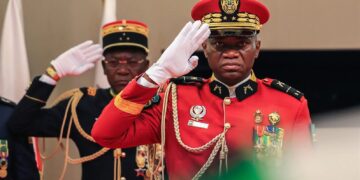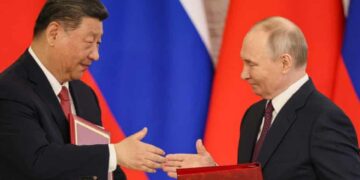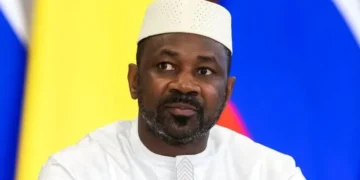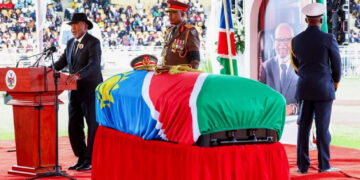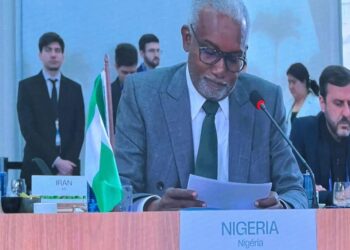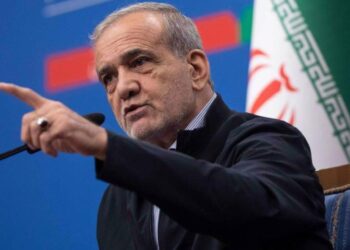By John Ikani
When military juntas seized power across Africa’s Sahel region, they painted themselves as saviours, pledging to end corruption, restore security, and bring prosperity.
Crowds cheered as flags changed hands and promises of a better future filled the air. But just a year later, those grand declarations devolved into a harsh reality: more violence, shrinking economies, and mounting repression.
In Gabon, President Ali Bongo was ousted in 2023 after a disputed election, the same year Mohamed Bazoum of Niger was removed under similar pretences.
Earlier, Burkina Faso saw two coups in 2022, each promising to tackle an escalating Islamist insurgency while Guinea and Mali experienced similar military takeovers in 2021, driven by public disillusionment with elected leaders.
Yet, instead of progress, the junta-led nations are spiralling deeper into chaos.
In Mali, Burkina Faso, and Niger, terrorism-related deaths hit an all-time high of 7,620 in the first half of 2024—a 37% increase from two years earlier.
Insurgent groups like the Islamic State and al-Qaeda have tightened their grip, exposing the juntas’ inability to deliver on their primary promise: security.
Consequently, the Sahel has eclipsed Afghanistan and Iraq as the world’s most dangerous terrorist hotbed.
Economic prosperity has equally become elusive. The military regimes, unprepared for the complexities of governance, have only deepened financial woes.
International sanctions, suspended aid, and disrupted trade have left countries like Niger teetering on the brink. In Burkina Faso, insurgents have crippled key industries, and ordinary citizens are feeling the pinch.
Even in Gabon, where hopes for reform were initially high, there are growing signs that the military is more focused on consolidating power than fixing the economy.
Worse still, the juntas are turning on their own people. In Niger, opposition figures and journalists are being arrested under accusations of terrorism. In Burkina Faso, media crackdowns and human rights abuses are silencing dissent.
Gabon, too, has faced allegations of suppressing critics despite early promises of transparency. The very forces that claimed to rescue their nations from poor governance are proving no better—perhaps even worse.
The ripple effects of this instability are spilling far and wide. Refugees fleeing violence and poverty are heading to Europe in growing numbers while cross-border attacks are destabilizing neighboring democracies like Nigeria.
At the same time, trust in democracy is eroding across the continent. Recent surveys show that many Africans are increasingly open to military rule, disillusioned by corrupt civilian politicians, a trend that could erode decades of democratic progress.
The world cannot afford to look away. Africa’s problems are global problems, whether in the form of rising extremism, economic instability, or migration crises.
Global powers must act decisively by investing in trade, fostering private-sector growth, and supporting democratic transitions.
Without such efforts, the question won’t just be why Africa’s military rulers failed, but why the world allowed their failure to deepen.








